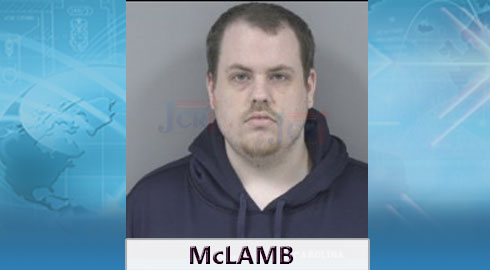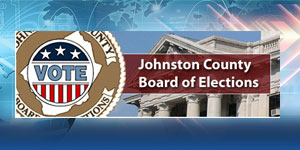Brewers Seek Clarification From Governor Over Phase Two Plans
By John Trump
Carolina Journal News Service
RALEIGH — The N.C. Craft Brewers Guild is among those, including Carolina Journal, seeking clarification from Gov. Roy Cooper about the fate of breweries, wineries, and distilleries.
Gov. Roy Cooper issued an executive order Wednesday, May 20, allowing a partial reopening of some businesses under what he termed a “Safer at Home Phase Two” to combat the COVID-19 outbreak in North Carolina. While some businesses can conduct limited operations starting 5 p.m. Friday, entire classifications of commerce will remain locked up for another five weeks — if not longer, including “bars” and gyms.
Restaurants can open, but they can serve only 50% of their fire-code limits, with tables six feet apart and waitstaff following social-distancing practices.
Breweries, wineries, and distillery bars were set to open Friday, and some still may, depending on how Cooper defines them. Yet Cooper has failed to offer guidance.
CJ emailed the governor’s office Thursday morning, asking for clarification on whether breweries, wineries, and distilleries will be allowed to open and, if not, why. As of late Thursday afternoon, Cooper’s office failed to respond.
A reporter during a news conference Thursday, however, did ask Health and Human Services Secretary Mandy Cohen about why a restaurant can reopen indoor dining, but a brewery or cocktail bar can’t?
She answered by retreating to administration talking points.
“So, we know that all of these activities that we were contemplating for a Phase Two now constitute activities that are higher risk,” Cohen said.
“They’re places where people sit down, and we know they’re opportunities for more virus spread, and so as we looked at our metrics. … Should we move forward? What we said is, largely, they are stable. However, there were some early warning signs to tell us, you know, what we need to take a modest step here. And so we did pull back from all of the original businesses that we contemplated. … “
All of these activities have risks, she said.
“The question is, Should we be doing them all at the same time, and the data really indicated to us that we need to take a modest step and continue to go slow? It’s not an on/off switch. “Unfortunately, we really have to think about this as a dimmer switch, and bring things up slowly. What I want to see is how our state does with this new opening.”
How the state chooses which businesses it allows to open is, too, unclear.
Breweries, 328 statewide, contribute more than $2 billion to the economy and provide more than 12,000 jobs, says the brewers guild, a trade group, in a news release.
“The COVID-19 crisis and subsequent shutdown has devastated the industry. While we have been deemed an essential business as part of the beverage supply chain, revenues are down 75-90% industrywide. Being able to reopen for modified on-premise activities as part of the governor’s plan in Phase Two is instrumental to the survival of the industry.”
Like distilleries and wineries, the guild says it has taken steps in accordance with federal and state regulations, consistent with requirements and guidance for restaurants, “that would allow our breweries to reopen on a modified basis for onsite consumption, without sacrificing public safety, and allowing for appropriate social distancing and sanitation protocols.”
“As an industry, our breweries have invested millions in manufacturing and safety equipment. We do not believe our breweries, taprooms or brewpubs meet Executive Order 141’s definition of ‘bars,’ and we are continuing to work with the Governor’s office to clarify this matter.”
On Thursday, Bond Brothers Beer Co. in Cary on its website announced plans for a scheduled opening Friday, including the use of masks, social distancing, and cleaning measures. Friday, it updated its message: “Unfortunately, the Phase Two plans do not include bars or breweries, only restaurants.”
Distilleries, too, are seemingly left out of the Phase Two plans, as many opened cocktail bars after passage of a landmark distillery bill last year. Interestingly, N.C. distillery owners immediately stepped up to produce — and donate to first responders and health care workers — hand-sanitizing products when supplies ran short early in the crisis.
Further, the only mention of the word “bar” in N.C. General Statutes Chapter 18B, Regulation of Alcoholic Beverages, is in reference to “private bar,” which requires membership. North Carolina doesn’t have public bars, at least as they are commonly known. A move to change 18B, as part of last year’s measure, Senate Bill 290, to eliminate the verbiage and simply call private bars and clubs “bars” was removed after lawmakers and activists objected to the term.
Discover more from JoCo Report
Subscribe to get the latest posts sent to your email.











